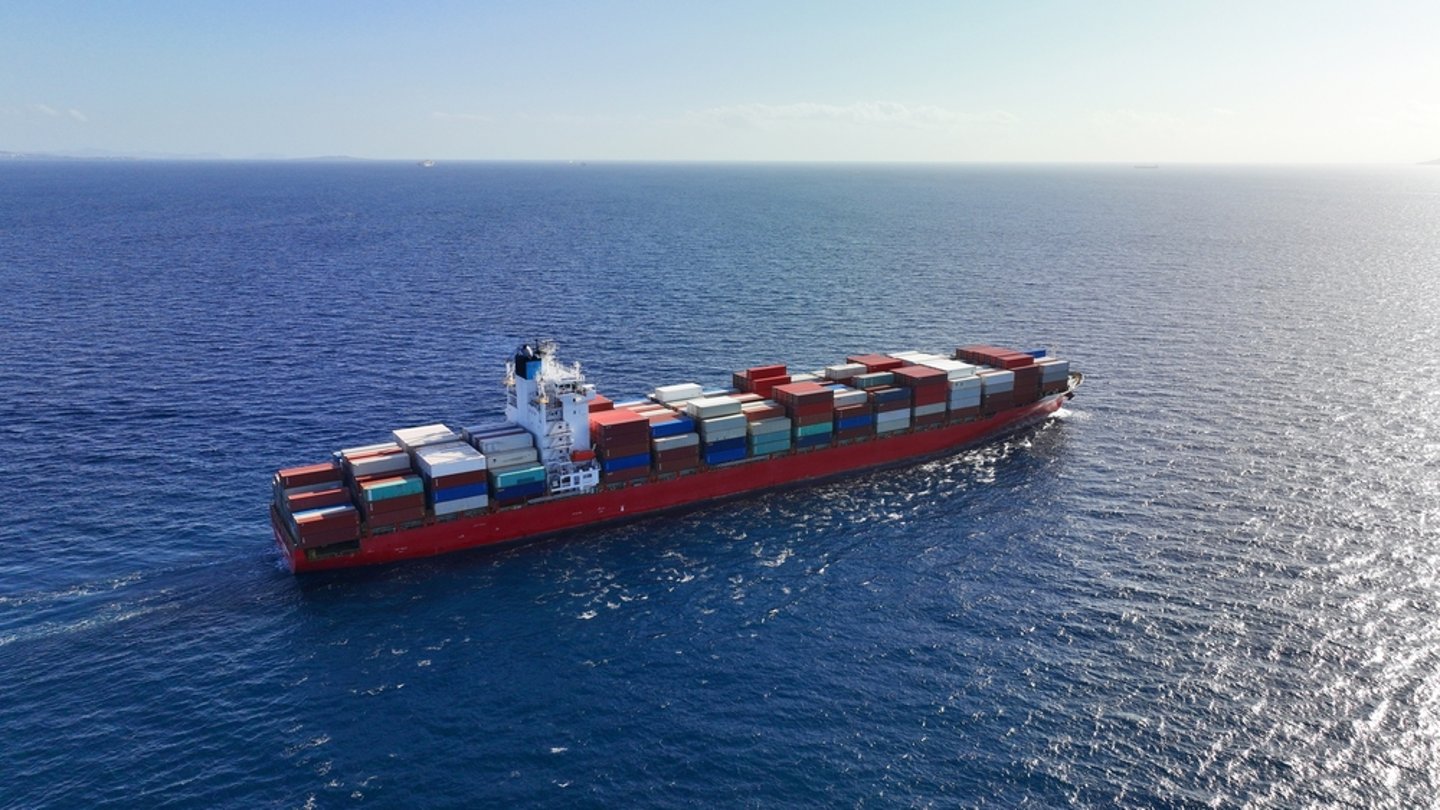Retail supply chains prepare for tariff-induced challenges
The 2024 U.S. presidential election reignited debates about trade policies that could reshape global supply chains.
With President-elect Donald Trump proposing higher tariffs and reshoring incentives, businesses face the challenge of adapting to rising costs, shifting sourcing strategies, and a potential partial decoupling from China. For retail and manufacturing industries, these shifts present both hurdles and opportunities.
Among Trump’s most significant proposals is a universal 10% tariff on all imports, with targeted tariffs as high as 60% on Chinese goods. Given Trump’s history of using threats of tariffs as negotiating tools, it’s unclear whether he’ll follow through, but the uncertainty still creates significant challenges for businesses trying to plan for the future. While Trump’s proposals aim to encourage domestic production, they would most likely
drive up costs for businesses and consumers. Retailers like Walmart, which relies heavily on imported goods, have warned that tariffs would force them to raise prices on consumer goods, a challenge at a time when consumers are already sensitive to inflation.
Similarly, toy manufacturer Hasbro has shifted portions of its production from China to countries such as Vietnam and India to potentially reduce exposure to tariffs and diversify its sourcing strategy. China’s role as a global manufacturing giant makes these adjustments especially challenging. Its competitive pricing, massive proven production capacity, and established infrastructure have long made it the go-to choice for retailers. Escalating tariffs, however, are accelerating deglobalization, pushing companies to explore alternatives in countries like Vietnam, Mexico and India. But transitioning supply chains isn’t simple.
Establishing new supplier relationships, ensuring quality control, and navigating new regulatory environments requires time, investment, and operational expertise. The uncertainty surrounding trade policy complicates long-term planning, as businesses remain cautious about committing to large-scale investments while facing fluctuating costs and evolving regulations.
Reshoring is another key focus of Trump’s policy agenda, with proposed tax breaks for companies bringing production back to the U.S. While reshoring could reduce reliance on foreign manufacturing and create domestic jobs, its practicality is limited for industries like retail, where profit margins are slim. Manufacturing in the U.S. entails significantly higher labor and operational costs, which many businesses may find prohibitive.
To navigate these challenges, companies are turning to advanced supply chain solutions. Modern platforms provide end-to-end visibility, helping businesses map complex, inter-connected supply chains made up of multiple tiers and assess risks associated with tariffs or regulatory changes. These tools enable companies to model the financial impact of different scenarios, offering data-driven insights for supplier diversification or regional sourcing strategies.
Supplier management software plays an especially crucial role. These systems streamline supplier onboarding, monitor compliance, and track performance, allowing retailers to respond quickly to disruptions. In the face of tariff hikes, these tools help businesses vet and onboard new suppliers from alternative regions, reducing reliance on high-risk markets.
Given the challenges of mounting supply chain disruptions and evolving consumer expectations, multi-enterprise platforms have emerged as cornerstones of modern supply chain management, offering the adaptability and resilience businesses need to remain competitive and mitigate risk. These platforms integrate automation tools like digital contract management and real-time quality monitoring, streamlining processes and maintaining product standards even when transitioning suppliers or sourcing regions.
By creating a centralized hub for communication, these platforms enable seamless collaboration with vendors, safeguarding delivery timelines and quality amid disruptions. Additionally, they support strategic reshoring by facilitating granular cost modeling and scenario planning, enabling businesses to assess the feasibility of bringing production closer to home, while enhancing coordination between domestic suppliers and logistics providers and minimizing the complexities of reshoring while maintaining operational efficiency.
These platforms also streamline sustainability management, addressing the growing environmental and social regulations that supply chains must navigate. Advanced ESG-related KPI reporting capabilities and new AI innovations allow companies to monitor carbon emissions, labor practices, and compliance with human rights standards within every tier of their supply chain networks. By embedding sustainability management best practices into their operations, businesses can meet regulatory demands, align with consumer expectations for ethical products, and build long-term resilience. With their comprehensive functionality, multi-enterprise platforms bridge the gap between automation, collaboration, and sustainability, positioning companies to thrive in an increasingly complex global trade environment.
[READ MORE: Higher tariffs likely — retailers should prepare]
The 2024 election will marked a pivotal moment for global trade. While the challenges are significant, they also open the door to innovation and growth. For businesses willing to invest in technology and rethink traditional supply chain strategies, this period of uncertainty could also be a catalyst for long-term resilience and competitive advantage.
Eric Linxwiler is senior VP of TradeBeyond. He has over 30 years of experience in enterprise software and cloud-based platform companies with a specialty in supply chain optimization and workflow management ([email protected]).






